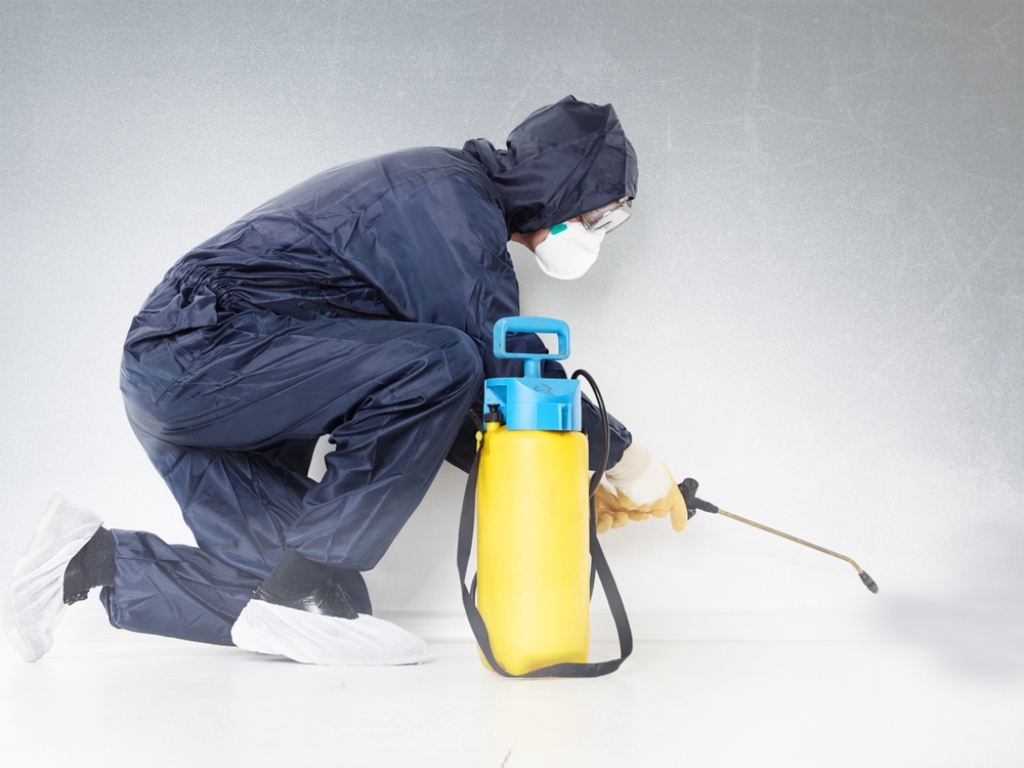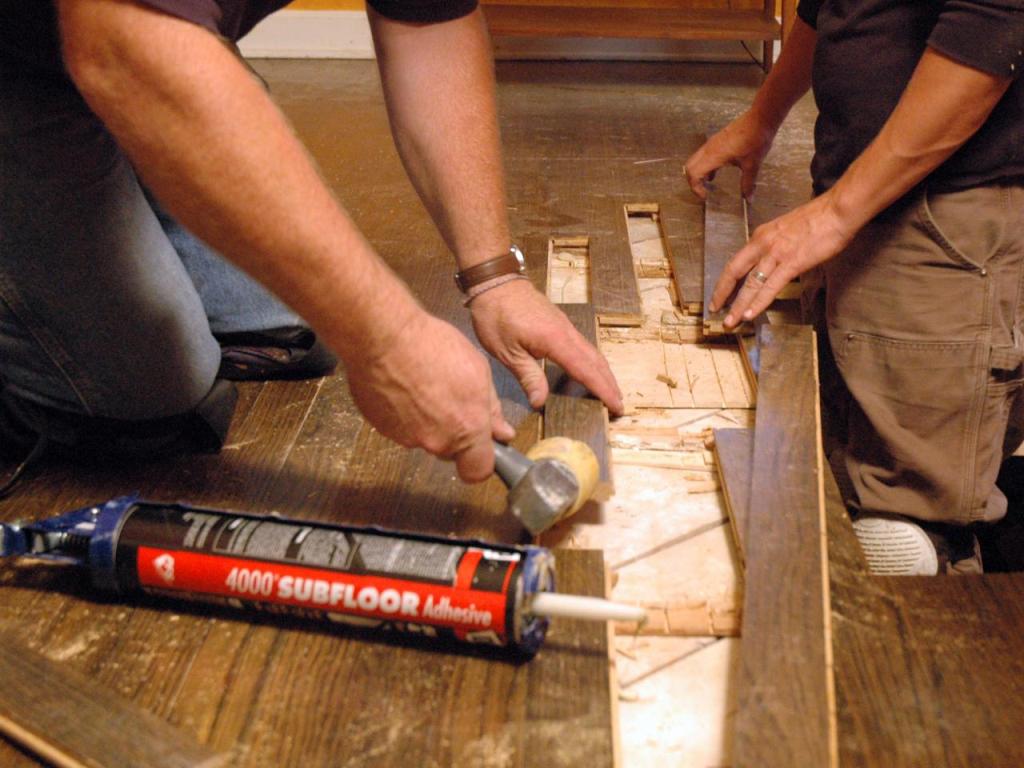Whether you’re renovating your property because you want to either sell it or live in it, a general home inspection is necessary. The inspection will include a pool inspection, radon test, foundation inspection, roof inspection, central air or heating inspection, and pest or termite inspection.
When it comes to the pest or termite inspection, it’s best to hire professional home inspection services before you renovate your property due to the following important reasons:
1. Discover The Damages
Although you can spot the signs of a termite infestation, it might be too late since most of your wood furnishings may have been damaged by the termites. If you think that no termites are around your house, then think again. It’s still best to let the professionals conduct a termite inspection to evaluate whether a termite infestation is damaging your home.

When you hire the services of pest inspection companies, they’ll know what and where to inspect for termite damages, such as subterranean and dry wood termite damages.
Experts will check on loose, damp soil as subterranean termites love to stay underground. Especially when tunnels have formed nearby the foundations of your property, then they’ll know that subterranean termites have been eating your softwood.
On the other hand, dry wood termites stay and build colonies inside wooden structures. This is why inspectors will also check the insides of your walls and furniture. You may not see it, but the equipment of home inspectors can detect whether dry wood termites have lived inside your wooden furniture.
2. Implement Proper Treatment
After conducting the pest inspection, inspectors will apply the best termite control or treatment methods to eliminate the termites in and around your property. Doing the treatment yourself might not be the best way to go since this requires an in-depth understanding of the various termite treatments.
Here are the various treatments or control to achieve the results you want before a renovation:
- Lateral Soil Movement – This type of termite control is also known as Premise, and you typically use this before and after construction. In this method, an odorless mixture is spread around your house after an inspection to prevent termites from repopulating.
- Gas Fumigation – This method can disrupt a termite’s metabolism when the fumigants permeate throughout their homes. This is best for treating dry wood termites as it can reach the insides of the wood, where dry wood stays.
- Termiticide Application – By injecting or applying termiticide on the infested wood, you can target specific termite populations. Its direct application on targeted areas can kill the termites.
3. Replace Or Repair Wood
Another important factor in conducting a termite inspection within your property is to determine whether or not you should fix or replace your wood furnishings. By doing so, you can save money from replacing every wood furnishing that isn’t infested. Or by replacing the infested wood, you won’t have to renovate again in such a short period after your recent renovation.

You can opt for any of the following after evaluating your wood furnishings or furniture:
- If the damaged area is on the surface, you can apply wood sealers or hardeners so you can fill in the gaps that the termites have created. However, to maintain the beauty and quality of the wood, you must use the right hardener.
- After a thorough termite inspection shows that there’s only slight damage on the wood, scrap the dead and infested wood. You can do so by using sandpaper to remove all the loose or weak bits of wood. Then, apply your wood hardener.
- However, if the infestation has left massive damage, then it might be best to replace the wood structure itself. You can do so by replacing the infested wood with a new piece.
4. For Your Insurance
When you have conducted a termite inspection and found that they have caused damage to your property, you can use your insurance policy, especially when you have one that covers termite damages.
Before tearing your property apart, talk to your insurance agent after a termite inspection. When you do this, your insurance company may pay off some or all of the termite damages. However, insurance companies will first assess the damages so they can give you the proper reimbursements.
But if you have already started repairing or renovating your home without their assessment, then it may affect how much they reimburse you.
Conclusion
Now that you know how vital a termite inspection is before renovating your property, you can proceed without wasting your money. During a termite inspection, inspectors will assess what type of termite treatment your property needs, which will save you from using infested wood. If you plan to use the infested wood, you still need to kill the termites so you can save the wood from rotting.
Moreover, you can use your insurance policy if it covers termite damages, especially for commercial properties.






